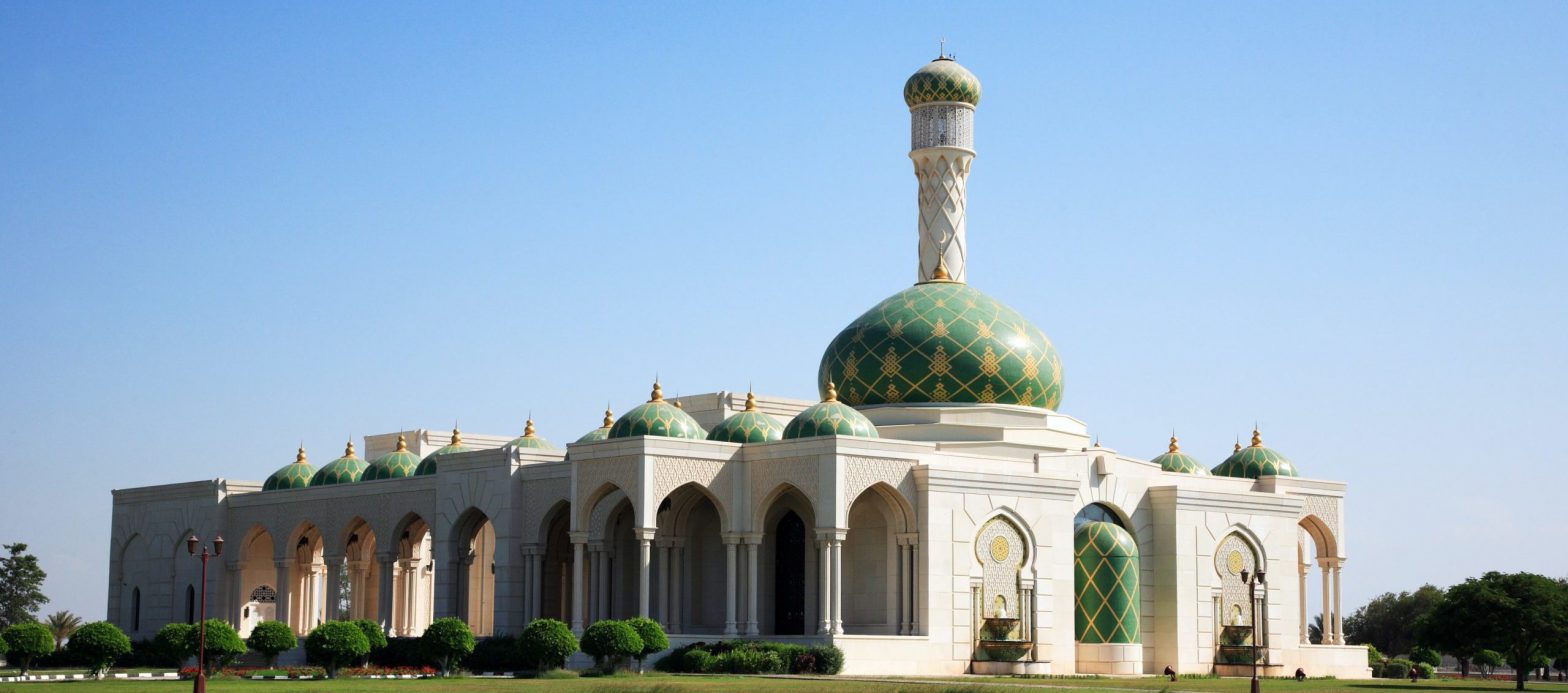Persian Gulf has always attracted people from around the world: luxury cars, glitz and glam, skycrapers, bright sunshine and… a favourable tax status. Expatriating to Oman means taking advantage of a tax haven where personal taxes are rare or non-existent such as income tax. Is being an expat in Dubai becoming too common? Find out more about expatriation in Oman.
After launching a series of tax increases on expatriate employment earlier this year, the Sultanate has seen its foreign population slowly decline by 10.3% compared to last year. Nearly one in six expats in Oman left the country in the first eleven months of the health crisis, representing over 200,000 people. In addition, the country had relaunched in early 2020 and during 2021 a policy known as Omanisation (in force since 1988) to encourage the employment of citizens in view of Covid-19 and the low price of oil, an essential resource for the survival of the country’s economy. Since the summer, this downward trend has been reversed, with the expatriate population increasing by about 10,000 in September and October this year. Today, the Sultanate has over 1.6 million expatriates and 2.7 million locals.
Sectors of employment in Oman
We start our adventure with a general culture test: what is the capital of the Sultanate of Oman? Muscat! Of course, you had it. The capital and its agglomeration, which has as many inhabitants as Ottawa in Canada or Krakow in Poland (1,450,000 inhabitants), has tripled in size in the space of just 30 years. It is home to half the country’s population and the main mosques and government institutions. When it comes to demography, excluding larger countries such as Yemen, Iraq and Saudi Arabia, Oman is the second most populous country in the Persian Gulf behind the United Arab Emirates (9 million) but ahead of Qatar and Bahrain. The city of Sohar in the Batinah region in the north of the country comes second. The Sohar industrial zone includes the port of Sohar, the Sohar Free Zone and Sohar Aluminium. The port city also has many schools, universities, hospitals and banks.
The Dhofar region in the south-west of the country completes the podium of the most popular cities for expatriates, with the city of Salalah and its nearly 200,000 inhabitants.
As for the sectors that recruit, the percentage of expatriate workers shows a decrease in the government sector. It is the private and family business sectors that show a slight increase in the number of expatriates.
The construction sector accounted for the largest share of expatriate employment in the private sector, followed by retail trade, wholesale trade and the automotive repair sector. If you are looking to move to Oman, it is skilled jobs that are in high demand in Oman. As Expat.com states, “Unskilled jobs or jobs requiring a lower level of education almost always go to Omanis”.
To learn more about expatriation in Oman, we invite you to discover the Youtube channel MyOmanLife which provides many tips related to all personal and professional topics.
Conditions for expatriation in Oman during the Covid-19
The Sultanate of Oman understands the seriousness of the health situation and requires all applicants for expatriation (or for visa renewal) to have received at least the first dose of a vaccine that protects against Covid-19. In the country, all approved vaccines are accepted, except for the indigenous Indian vaccine Covaxin.
Expatriating to Oman, advantages and disadvantages
According to MuscatDaily.com, it is estimated that there are currently over 35 million expatriate workers in the Gulf Cooperation Council (GCC) countries. According to data from Expat Insider 2021, Oman scores highest in the ease of settlement index (6th). The majority of expats (83%) are satisfied with the friendliness of the local population towards foreign residents (compared to 67% globally). In addition, 58% of expats find it easy to make local friends (compared to 44% globally). However – perhaps due to Oman’s huge expat population – only 1% of expats are mainly friends with locals (vs. 20% globally), while 39% mainly socialise with other expats (vs. 32% globally). Most expats feel at home in Oman’s local culture (69% vs. 63% globally) and find it easy to live here without speaking the local language (84% vs. 54% globally).
Professional life
Among the major fears: the lack of career development. Only 24% of expatriates are satisfied with local career opportunities (compared to 45% worldwide), and 31% are not satisfied with their job security.
If you are planning to set up a company in Oman, the current corporate tax rate is 15%.
Daily life and safety
In terms of quality of life, the Sultanate scores best in the sub-category “Quality of the Environment” (17th), with 79% of expatriates satisfied with the quality of the air (compared to 66% worldwide).
When it comes to the safety of the country, Oman ranks 32nd, with better results in the Safety sub-category (6th). Almost all expats (97%) rate the country’s peacefulness positively (compared to 80% globally), placing Oman second in the world for this factor – just behind Finland (1st).
Health and health insurance
Health is also one of the points to review if you choose to expatriate to Oman. Consider taking out international health insurance for expatriates as in the sub-category “Health and Welfare” (50th) only 43% of respondents rate healthcare as affordable (compared to 61% worldwide) and 21% rate the quality of medical care negatively (compared to 14% worldwide).
Some new visas and residency visa requirements for expats eligible to stay in the sultanate beyond their working lives could be announced at the Arabian Travel Market 2022, scheduled for 8-11 May.
If you are planning to expatriate to Oman on a long term basis or to one of the Persian Gulf countries such as Dubai, Foyer Global Health covers your healthcare expenses abroad. Our International Health Insurance for Expatriates offers tailor made international health cover because each specific situation needs a specific solution.


